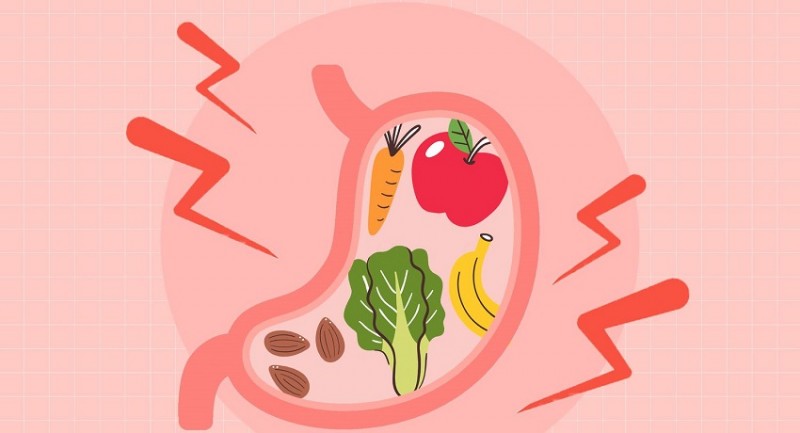
In the quest for optimal health, many people focus on well-known nutrients such as vitamins, minerals, and proteins. However, there is one surprising nutrient that often gets overlooked: fiber. Fiber is essential for a healthy digestive system, but its benefits extend far beyond that. It plays a crucial role in overall health, affecting everything from weight management to disease prevention. Understanding the importance of fiber and incorporating it into your diet can be a game-changer for your health.
What is Fiber?
Fiber is a type of carbohydrate that the body cannot digest. Unlike other carbs that are broken down into sugars, fiber passes through the digestive system relatively intact. There are two main types of fiber:
Soluble Fiber: Dissolves in water to form a gel-like substance. It helps lower blood cholesterol and glucose levels. Sources include oats, beans, fruits, and vegetables.
Insoluble Fiber: Does not dissolve in water. It adds bulk to the stool and helps food pass more quickly through the stomach and intestines. Sources include whole grains, nuts, seeds, and vegetables.
The Health Benefits of Fiber
1. Digestive Health
Fiber is best known for its role in promoting regular bowel movements and preventing constipation. It adds bulk to the stool and helps it move smoothly through the digestive tract, reducing the risk of digestive issues such as hemorrhoids and diverticulitis.
2. Weight Management
High-fiber foods are more filling than low-fiber foods, which can help control appetite and aid in weight loss. Fiber slows down the digestion process, helping you feel full longer and reducing the likelihood of overeating.
3. Blood Sugar Control
Soluble fiber, in particular, helps slow the absorption of sugar, leading to more stable blood sugar levels. This is especially beneficial for individuals with diabetes or those at risk of developing diabetes.
4. Heart Health
Fiber helps reduce levels of LDL cholesterol (the “bad” cholesterol) in the blood. Lower cholesterol levels are associated with a reduced risk of heart disease. Additionally, high-fiber diets are linked to lower blood pressure and reduced inflammation, both of which are beneficial for heart health.
5. Cancer Prevention
A diet high in fiber, particularly from whole grains, fruits, and vegetables, is associated with a reduced risk of colorectal cancer. Fiber helps to move waste through the digestive tract more quickly, reducing the amount of time that potentially harmful substances are in contact with the intestinal lining.
6. Longevity
Studies have shown that a high-fiber diet is associated with a lower risk of dying from cardiovascular disease and all cancers. The overall anti-inflammatory and health-promoting effects of fiber contribute to a longer, healthier life.
How to Increase Fiber Intake
Incorporating more fiber into your diet is easier than you might think. Here are some simple strategies to boost your fiber intake:
1. Eat More Fruits and Vegetables
Aim to fill half your plate with fruits and vegetables at every meal. Snack on fruits like apples, berries, and oranges, and add vegetables like broccoli, carrots, and leafy greens to your dishes.
2. Choose Whole Grains
Replace refined grains with whole grains. Opt for whole wheat bread, brown rice, quinoa, oatmeal, and whole grain pasta.
3. Include Legumes
Beans, lentils, and peas are excellent sources of fiber. Add them to soups, salads, and main dishes to increase your fiber intake.
4. Snack on Nuts and Seeds
Almonds, chia seeds, flaxseeds, and sunflower seeds are not only high in fiber but also provide healthy fats and protein. Add them to yogurt, cereal, or smoothies for a fiber boost.
5. Read Food Labels
When shopping for packaged foods, check the nutrition labels to find products with higher fiber content. Look for cereals, breads, and snacks that provide at least 3-5 grams of fiber per serving.
Fiber is the surprising nutrient that can change everything for your health. By improving digestive health, aiding in weight management, stabilizing blood sugar levels, promoting heart health, and reducing the risk of cancer, fiber is an essential component of a healthy diet. Make a conscious effort to incorporate more fiber-rich foods into your meals, and you’ll be on your way to optimal health.